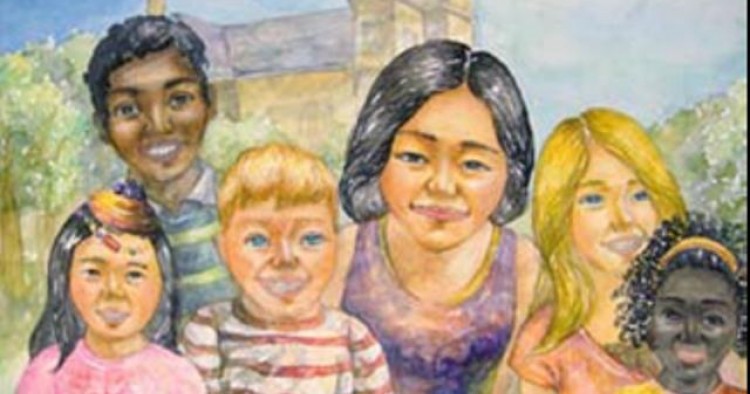Originally posted June 2011
The existence of a small Turkish community in Metro-Atlanta can be traced back to the 1950s. Medical doctors, engineers and other professionals and their families were the majority of this small group. Up until the 1990s, this community would remain relatively small in number. For a long time, the interaction between members of the community would be limited to a few celebrations and picnics once a year, and of course home visits among friends.
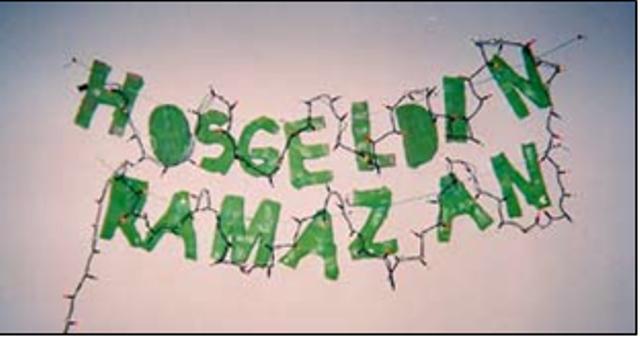 Turkish society in general and the Turkish economy in particular, went through many drastic changes during the late-1980s and early-1990s. Turks experienced an expansion of more freedom and opportunities during this decade. Turkey’s society and economy were opening up to the world and a new middle class was being created. It was during this same period that the number of Turkish students who came to the United States and to Atlanta in particular, increased dramatically. Most of the students were graduates of top universities in Turkey who sought graduate-level degrees. The influx of these students brought new energy and vitality to the Turkish community in Atlanta. Families who had lived in Atlanta for a long time opened their homes and hearts to these students. Interactions between the new and the old members of the community brought out the best in both groups. It was during these years when the ideas and teachings of the Turkish philosopher, Fethullah Gulen, were introduced to the Atlanta Turkish community by these newcomers.
Turkish society in general and the Turkish economy in particular, went through many drastic changes during the late-1980s and early-1990s. Turks experienced an expansion of more freedom and opportunities during this decade. Turkey’s society and economy were opening up to the world and a new middle class was being created. It was during this same period that the number of Turkish students who came to the United States and to Atlanta in particular, increased dramatically. Most of the students were graduates of top universities in Turkey who sought graduate-level degrees. The influx of these students brought new energy and vitality to the Turkish community in Atlanta. Families who had lived in Atlanta for a long time opened their homes and hearts to these students. Interactions between the new and the old members of the community brought out the best in both groups. It was during these years when the ideas and teachings of the Turkish philosopher, Fethullah Gulen, were introduced to the Atlanta Turkish community by these newcomers.
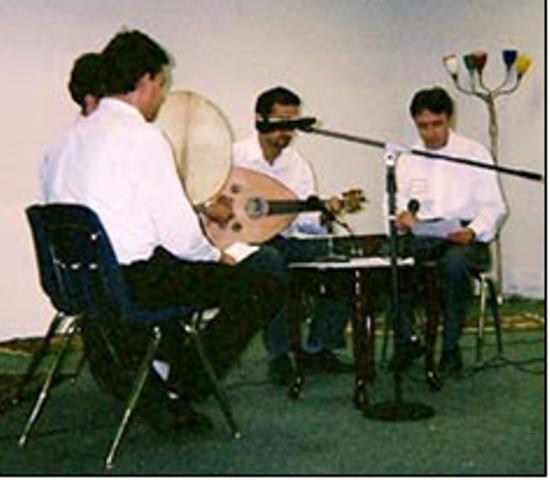 While Fethullah Gulen was renowned in Turkey, he was relatively unknown within the Atlanta Turkish community. His teachings emphasized the importance of education, dialogue, bridge-building, and self-reliance.[1] Young people, inspired by his message of achieving peace through small but persistent positive actions, also inspired the entire community. It was in the garage of a home (where some of these students were staying) where the first Turkish language, math, and science classes were offered to the children of the Turkish community. In a very short time, it became obvious to everyone that the community needed a larger space to serve its members. People who had lived in Atlanta for many years knew that there had long been talk of establishing a
While Fethullah Gulen was renowned in Turkey, he was relatively unknown within the Atlanta Turkish community. His teachings emphasized the importance of education, dialogue, bridge-building, and self-reliance.[1] Young people, inspired by his message of achieving peace through small but persistent positive actions, also inspired the entire community. It was in the garage of a home (where some of these students were staying) where the first Turkish language, math, and science classes were offered to the children of the Turkish community. In a very short time, it became obvious to everyone that the community needed a larger space to serve its members. People who had lived in Atlanta for many years knew that there had long been talk of establishing a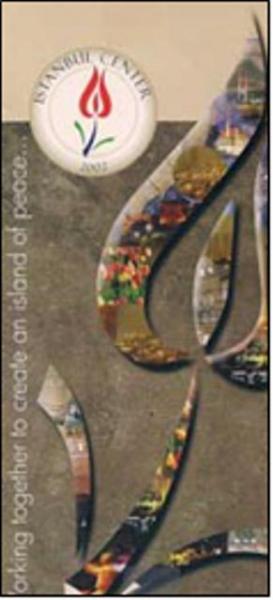 “Turkish Community Center” which, however, had not materialized. In the early 2000s, things began to change. The spirit of sharing and hizmet (service) distributed the stewardship responsibility, making it less painful for everyone. In 2002, The Global Spectrum Foundation of Georgia was established as a non-profit organization to serve the needs of the Atlanta Turkish community. That same year a small office space was rented in Norcross and the “Istanbul Cultural Center” came into existence. To make this happen, some donated money while others gave their time.
“Turkish Community Center” which, however, had not materialized. In the early 2000s, things began to change. The spirit of sharing and hizmet (service) distributed the stewardship responsibility, making it less painful for everyone. In 2002, The Global Spectrum Foundation of Georgia was established as a non-profit organization to serve the needs of the Atlanta Turkish community. That same year a small office space was rented in Norcross and the “Istanbul Cultural Center” came into existence. To make this happen, some donated money while others gave their time.
The Istanbul Cultural Center took off rapidly. A number of programs were established within the first year, which made it necessary to rent additional space in the same building. Volunteers led steadily increasing programs such as academic classes for children, cultural festivals, and dialogue activities with other communities. For those community members who had lived in Atlanta for a long time, The Istanbul Cultural Center became an oasis. As the organization grew, the nature of the activities changed. Soon, community members decided to alter the name of the organization to the “Istanbul Center for Culture and Dialogue.” This was also a sign that dialogue and bridgebuilding had become more important to the organization’s mission. Initially, the organization’s educational activities were designed for the members of the Atlanta Turkish community. However, with the introduction of the art and essay contest, educational opportunities were opened up for the entire state of Georgia. Since it was not practical to name the organization “Istanbul Center for Culture, Dialogue and Education,” it was decided to rename it “Istanbul Center.”
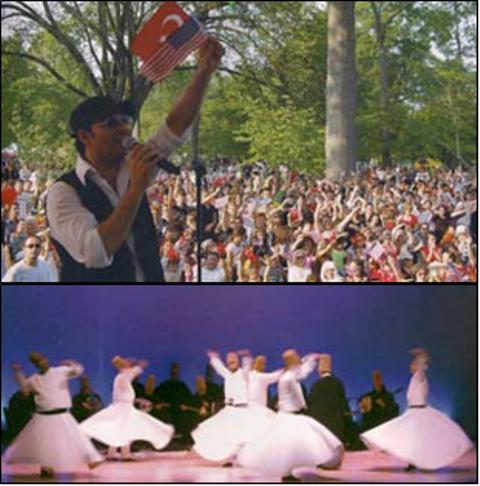 The name of the Istanbul Center was being recognized in many circles in the city. The organization was becoming an accepted representative of Turkish people in Metro Atlanta. After long deliberations, the community decided to open a branch office in Midtown Atlanta. This would allow closer interaction with educational, cultural and civic leadership of the city and state. The amount of time required to achieve the goals of the growing organization required full-time attention to the various issues at hand; therefore, an Executive Director and a small staff were hired to serve the community.
The name of the Istanbul Center was being recognized in many circles in the city. The organization was becoming an accepted representative of Turkish people in Metro Atlanta. After long deliberations, the community decided to open a branch office in Midtown Atlanta. This would allow closer interaction with educational, cultural and civic leadership of the city and state. The amount of time required to achieve the goals of the growing organization required full-time attention to the various issues at hand; therefore, an Executive Director and a small staff were hired to serve the community.
The story of the Istanbul Center is not over. It continues to grow and innovate. While it would not be possible to list all the activities organized by the Istanbul Center in this limited space, it is possible to say that the “volunteer” roots and spirit of the organization is still alive in everything it does. It is this spirit of service that allows the Istanbul Center to become an inspiration for other cities and communities in the Southeastern United States. 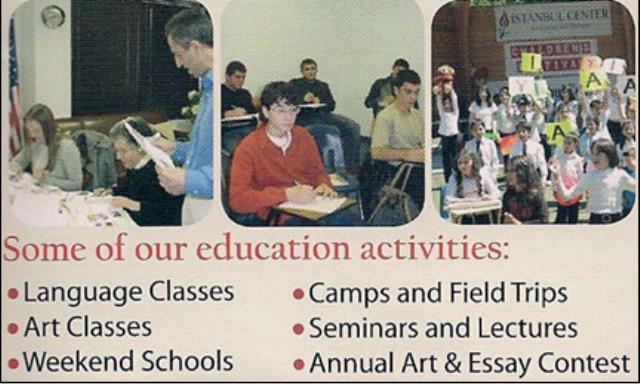 There are two questions that are always asked of the community’s members; 1) How do you grow so fast? And 2) Where do you get your funding? The answers are hidden in the fact that the Istanbul Center still has its roots in the Atlanta area. It is supported through financial contributions from the local Turkish-American community, and continues to grow as the community itself does.
There are two questions that are always asked of the community’s members; 1) How do you grow so fast? And 2) Where do you get your funding? The answers are hidden in the fact that the Istanbul Center still has its roots in the Atlanta area. It is supported through financial contributions from the local Turkish-American community, and continues to grow as the community itself does.
1. For more information on the work of Fethullah Gulen, please read the following: Aslandogan, Y & Hunt,R. (Eds.). (2006). Muslim Citizens of the Globalized World. Somerset,NJ: The Light, Inc. & IID Press.
The Middle East Institute (MEI) is an independent, non-partisan, non-for-profit, educational organization. It does not engage in advocacy and its scholars’ opinions are their own. MEI welcomes financial donations, but retains sole editorial control over its work and its publications reflect only the authors’ views. For a listing of MEI donors, please click here.












